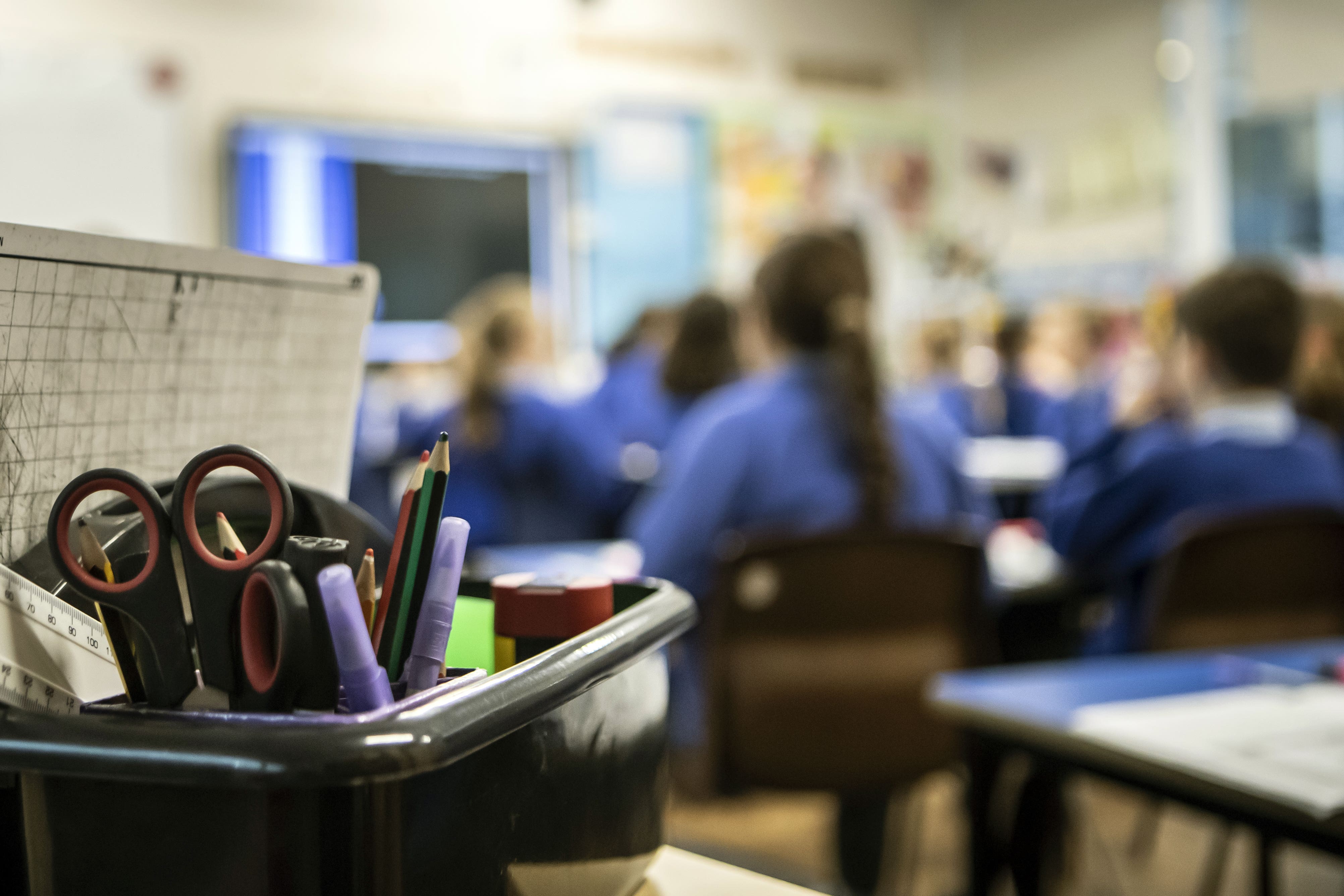Number of children ‘severely absent’ from school in England rises – figures
Around 158,000 pupils were severely absent – missing at least half of possible school sessions – over the autumn and spring terms of 2022/23.

The number of pupils absent from school for prolonged periods of time has risen, Government figures suggest.
Data from the Department for Education (DfE) indicates that 2.1% of pupils were “severely absent” in the autumn and spring terms of 2023/24 in England, compared to 1.9% in the same terms in 2022/23.
This is more than double (0.8%) the percentage of pupils who were severely absent – missing at least half of possible school sessions – in the autumn and spring terms of 2018/19, the academic year before the pandemic.
Without faster and further action, like the national roll out of attendance mentors and a parental participation strategy, we will be picking up the pieces from this unfolding social disaster for years to come
Around 158,000 pupils were severely absent over the autumn and spring terms of 2023/24, compared to 139,000 over the same period in 2022/23.
The data also suggests nearly a fifth (19.2%) of pupils in England – around 1.42 million young people – were “persistently absent” – missing at least 10% of school sessions – in autumn and spring 2023/24.
This is down on the same period in 2022/23 when 21.2% of pupils were persistently absent – but it is still above the rate in the autumn and spring terms of 2018/19 (10.5%).
Overall, the national absence rate has decreased from 7.3% in autumn and spring 2022/23 to 6.9% in autumn and spring 2023/24, but it remains above the pre-pandemic rate (which was below 5%).
Beth Prescott, programme lead at the Centre for Social Justice (CSJ), said: “Four years on from the pandemic and school closures, the crisis of kids missing school shows no sign of abating. Severe absence is up year on year, and one in five children remain persistently absent.
These children are missing out on a huge chunk of vital learning and schools need support to help them return to the classroom
“The Government’s recent expansion of the attendance mentors programme and curriculum review is welcome, as is the education minister’s focus on this issue. But school absence has now become endemic with parents often thinking it is not essential for children to attend school every day.
“Without faster and further action, like the national roll out of attendance mentors and a parental participation strategy, we will be picking up the pieces from this unfolding social disaster for years to come.”
Pepe Di’Iasio, general secretary of the Association of School and College Leaders (ASCL), said: “While it is great news that absence rates are lower overall, and schools deserve great credit for this, there is clearly much more work to do.
“Of particular concern is the fact that more than 2% of all pupils are now missing at least half their time in school. This rate has more than doubled since the start of the pandemic and now equates to well over 150,000 pupils.
“These children are missing out on a huge chunk of vital learning and schools need support to help them return to the classroom. This will require investment in attendance support services to help identify the reasons behind these prolonged absences, and to work towards solutions.”
A DfE spokesperson said: “Our mission is to break down barriers to opportunity and give every child the best life chances. Strong foundations of learning are grounded in attendance in the classroom, but we inherited a major challenge in high rates of absence.
“Tackling absence is everyone’s responsibility. Parents have a legal responsibility to make sure their child is in school, while government is committed to tackling the root causes of absence through mental health support in secondary schools, breakfast clubs in all primary schools and inclusive Send support.”
Bookmark popover
Removed from bookmarks